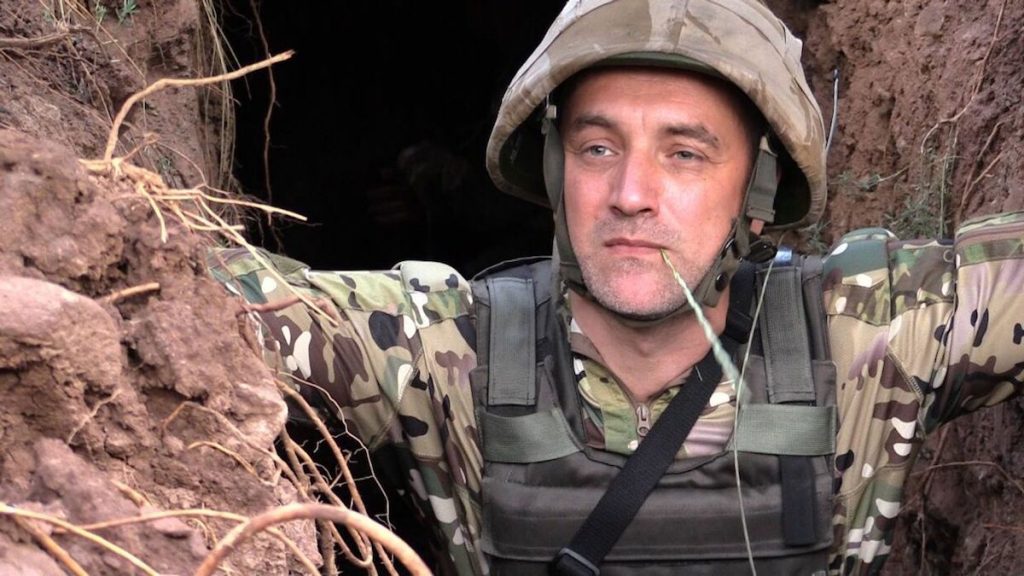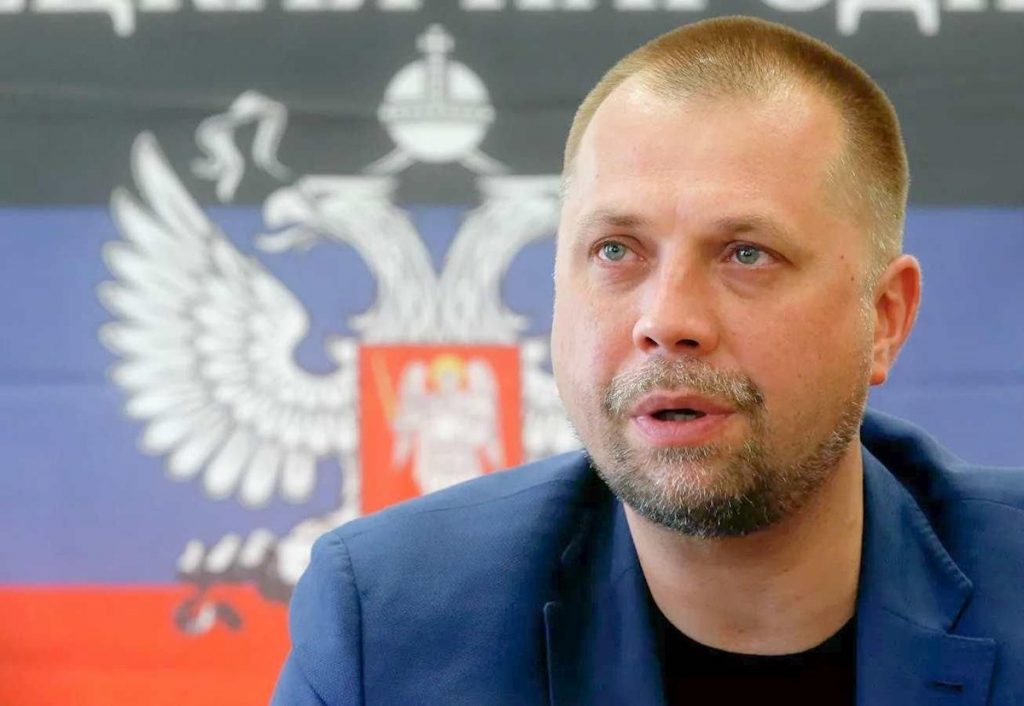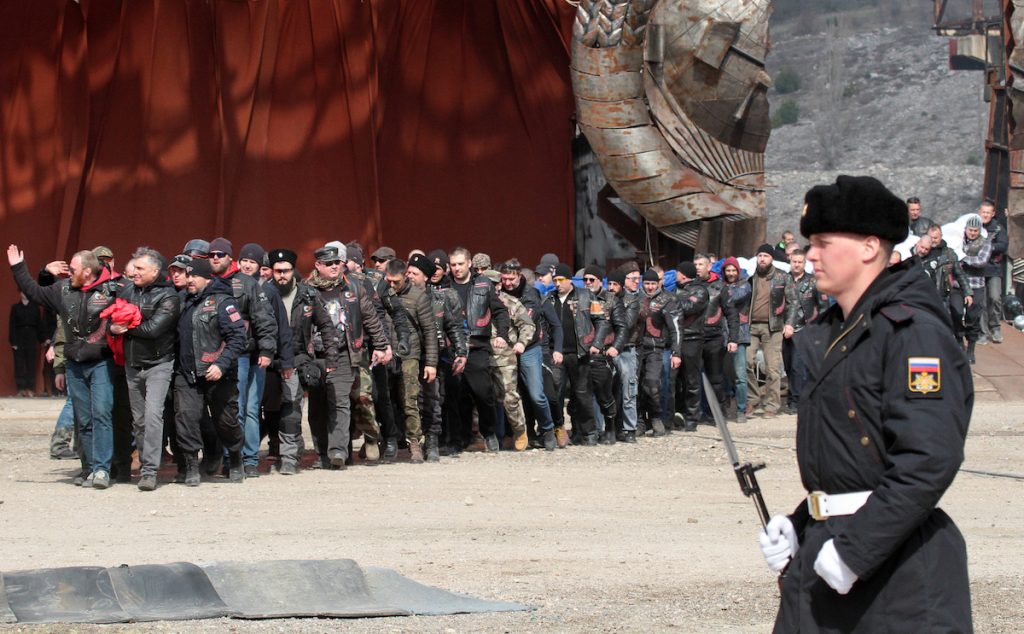Is Russia preparing Abkhazia, South Ossetia, Transnistria and Donbass for annexation?
Proposals are sounding in Russia to annex Abkhazia, South Ossetia, Transnistria and the Donbass.
The parliament of Abkhazia has reacted sharply and negatively, saying that joining Russia is out of the question.
Georgia, for its part, says these statements may be part of a policy to place pressure on the new authorities of Abkhazia.
Writer Zakhar Prilepin, who is the leader of the recently formed For the Truth party, came up with the idea of expanding Russia’s territory by joining the unrecognized or partially recognized republics.
- Russia-Belarus integration postponed as independence supporters protest in Minsk
- Abkhazia: ‘war trophy’ apartments – will they be returned to their owners
He has also proposed a provision to the Russian constitution that would allow any territories to be annexed, if 75 percent of the local population would favor joining Russia.
Along with Prilepin, a statement on the imminent accession to Russia of the unrecognized Donetsk and Luhansk “people’s republics” of eastern Ukraine was made by the former ‘Prime Minister’ of the ‘Donetsk Republic’ Alexander Borodai.
Who are Prilepin and Boroday?
Zakhar Prilepin is the literary pseudonym of Yevgeny Prilepin.
He took up literary activity in the early 2000s. Before that he studied at the Higher School of Police. As an OMON fighter, he took part in two wars in Chechnya.
Zakhar Prilepin

In 2019, he volunteered to fight in the Donbass. He has publicly announced his participation in the killing of Ukrainian troops.
In 2020, he created and headed up the For Truth party, which announced its intention to participate in the regional elections this year and the parliamentary elections of 2024.
The idea of holding a referendum on the annexation of Abkhazia, South Ossetia, Transnistria and Donbass to Russia is included in the program of this party.
In addition to Prilepin, the party’s election list includes figures from Russian show business, known for their eccentric, loud behavior.

Alexander Boroday is a Russian businessman and journalist.
Back in 1992, as a student, he participated in the fighting in Transnistria on the side of local separatists.
Subsequently, he was a regular contributor to the ultra-conservative media newspaper Zavtra and the Tsargrad television channel.
He held the post of ‘Prime Minister’ of the unrecognized “Donetsk People’s Republic.”
What do ‘statements on joining’ mean?
On Russian social media, two points of view are expressed on the statements of Prilepin and Boroday.
This may be an attempt to distract public opinion from discussing the most pressing topic – the recently adopted amendments to the Russian constitution, which in theory could allow Vladimir Putin to remain in power until 2036.

This may be a real preparation for the annexation of Transnistria, Abkhazia, South Ossetia and Donbass. The goal is to raise the falling rating of Vladimir Putin.
The Russian president himself recently said that the collapse of the Soviet Union was unfair. According to him, the republics “left with territorial gifts from the Russian people”, which now must be returned.
The reaction in Abkhazia
The parliament of Abkhazia responded to these statements, which recalled that the state system of Abkhazia is determined by its constitution, and relations with Russia are determined by treaties and agreements.
“Such initiatives are extremely negatively perceived by the people of Abkhazia, and do not contribute to the strengthening of truly good-neighborly and friendly relations between our countries,” the Abkhaz deputies say.
Opinion from Georgia
“The main question is – are these arbitrary statements made by individuals, or are they made at the behest of the Kremlin?”, asks Tornike Sharashenidze, professor at the Georgian Institute of Public Affairs.
If such initiatives are encouraged by the Russian authorities, Sharashenidze does not exclude that this may be part of a policy of pressure on the Abkhaz authorities, in particular, on the new president Aslan Bzhania from Moscow.
“Maybe there is something happening there that we don’t know,” says Sharashenidze.
The fact that this statement followed Putin’s statement about the borders of the former republics of the USSR, Sharashenidze says, is likely not accidental:
“This is hardly a coincidence. I think Putin will continue to pressure, primarily Belarus, as well as the overly ‘stubborn’ Abkhaz.”


















